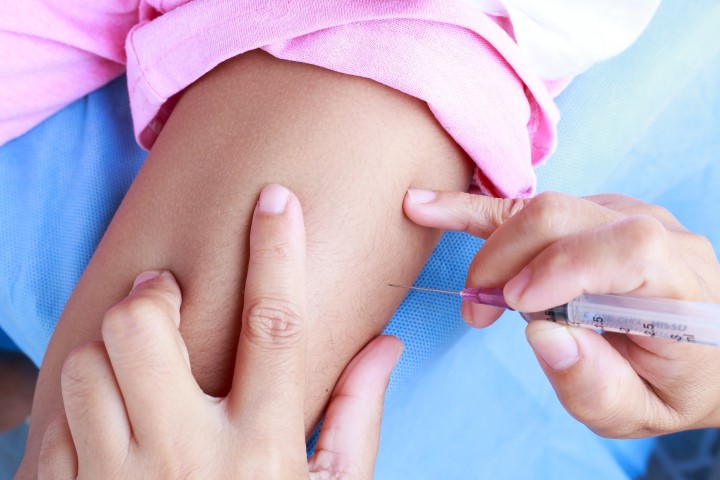Human papillomavirus (commonly known as HPV) is the not only the most common sexually transmitted infection in the United States, but also one of the leading causes of several different forms of cancer for women. HPV is spread from partner-to-partner during sexual contact (vaginal, anal, or oral sex). Though HPV is most commonly associated with cervical cancer, it can also lead to the development of cancer of the vagina, vulva, anus, and more. More than 14 million people become infected with HPV in the US annually.
There are more than 40 types of HPV and they pose numerous potential health threats. While some types of HPV may only lead to less minor conditions like genital warts, many others are among the leading causes of certain cancers for females. According to the National Cancer Institute, virtually all cases of cervical cancer are caused by HPV and roughly 70% all cases are caused by the same 2 types of HPV. Additionally, HPV is linked to roughly 69% of vulvar cancers, 75% of vaginal cancers, 91% of anal cancers and 72% of oropharyngeal cancers (cancer of the back of the throat).
Thankfully, there are solid prevention options. We encourage regular cervical cancer screening exams, or Pap smears. However, the safest bet for protecting yourself from HPV and the potential complications that come from this infection is receiving a HPV vaccination. The HPV vaccine is recommended for women and girls between the ages of 9 and 26. A full HPV vaccination requires three doses. We recommend waiting four weeks between the first and second dose and twelve weeks between the second and third dose for the precautionary reasons.
According to a recent study published by HealthDay, certain versions of the HPV vaccine can prevent up to 70% of cervical cancer cases. A HPV vaccine can also produce a more active immune response for preteens. In addition to being effective, HPV vaccinations are very safe as well. There are no severe side effects or adverse reactions currently linked to HPV vaccination. HPV vaccines are approved and monitored by the CDC and the FDA.
Nearly 30% of cervical cancers are caused by types of HPV that cannot be prevented with vaccines. Therefore it’s important to understand that an HPV vaccine should not be considered a substitute for regular cervical cancer screenings. If you have questions about HPV or cervical cancer and would like to request an appointment, please contact Dr. Kristine Gould at Gynecology Associates of Gwinnett today. You can also follow us on Facebook, Twitter and Google+ for additional news and updates about reproductive health.


